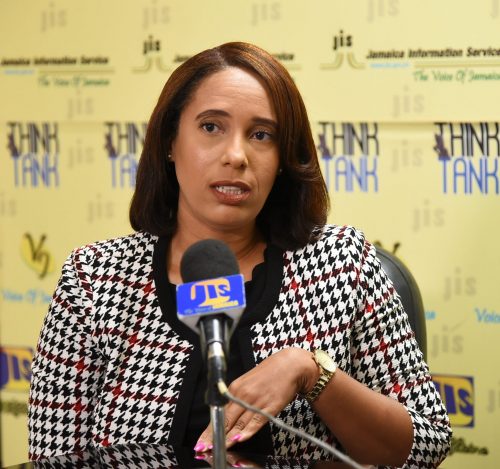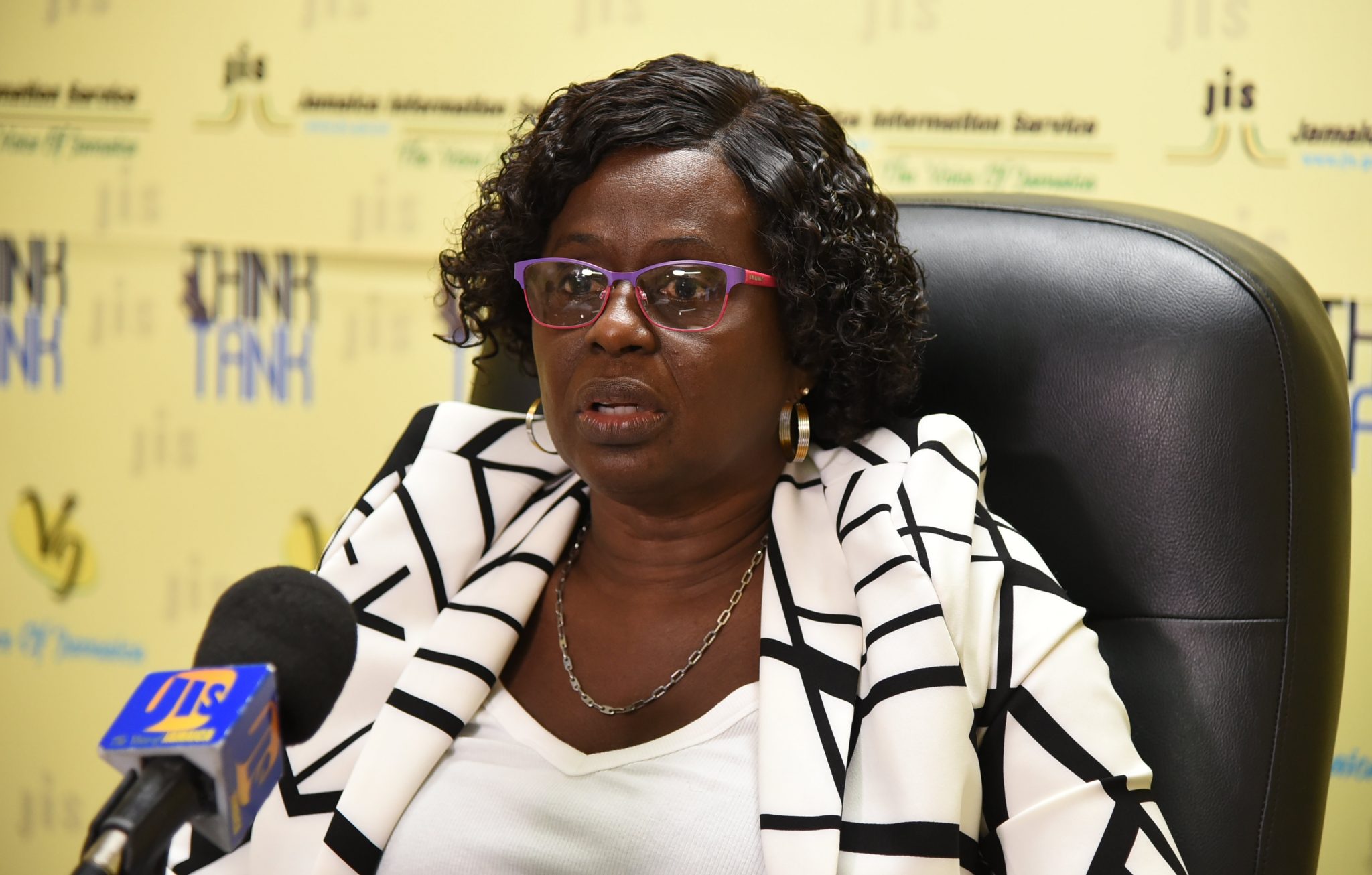Reproductive Health Survey To Inform Policies
By: , September 24, 2021The Full Story
Knowing the status of fertility, contraceptive use and the knowledge, attitude and practice of the population towards family planning and reproductive health is very important.
For this reason, the 2021 Reproductive Health Survey (RHS) is being conducted by the Statistical Institute of Jamaica (STATIN) on behalf of the National Family Planning Board (NFPB).
Principal Director, NFPB, Lovette Byfield, tells JIS News that the survey is long overdue, as the last one was conducted in 2008 and since then, “we have been using the same data, and so we definitely need to change that”.
The RHS is to be conducted every four years.
Ms. Byfield informs that STATIN was originally contracted in 2019; however, due to funding and other preparatory challenges the survey did not get under way.
“We managed to overcome the funding issue,” she says, adding that the Government of Jamaica contributed just over $72 million while STATIN contributed close to $7 million.
Ms. Byfield says the 2021 RHS is very important, as it will provide new data about critical issues, including adolescent fertility rate.
“We are looking at our contraceptive prevalence rate, what contraceptives are being used by what section of our population, which of them are the preferred contraceptives, and also we are looking to see how it is that persons are, in fact, planning and spacing their children,” she adds.
She further states that the survey will also, “look at the age group [15 to 49 years] to see who are the persons that are having more of the children, and we can also determine, in terms of the socio-economic status of these individuals”.
Ms. Byfield points out that the data obtained will be used to inform policy decisions and programmes that will be implemented to address the identified gaps. The findings will also be used in reports to international partners, especially as it relates to the United Nations Sustainable Developmental Goals.
“Once we get the survey results, we will be sharing it nationally to our various regional health authorities and to our critical stakeholders and then use the information to see how we can expand on our programmes to get overall improvement in our reproductive health status of the population,” Ms. Byfield adds
In highlighting STATIN’s role in the implementation process, Head of the Special Projects Unit, Surveys Division at STATIN, Philone Mantock, shares that “we are responsible for the operational matters of the survey, including sample design and selection, questionnaire testing and review, training of the interviewers and supervisors, selection of these persons as well as the planning and data-collection phase of the survey”.
Ms. Mantock further points out that the survey includes two independent samples, each covering males and females, aged 15 to 49.
A total 11,080 dwellings across all parishes are slated to be visited during the data-collection period, which ends December 2021.
According to Ms. Mantock, the sample size was selected using random sampling, but the team had to first identify the enumeration districts.

“We selected 554 enumeration districts and that is the smallest size to conduct survey data,” says Ms. Mantock, adding that each district has 20 dwellings.
She informs that the questionnaire will be administered by trained interviewers.
“Interviewers have to sign a Secrets Act as well as a Form of Oath that they maintain the confidentiality. Anything that is disclosed to them, they have to keep it private,” Ms. Mantock adds.
The questionnaire, on average, can be completed in about 30 to 45 minutes, depending on the age and experience of the respondent.


